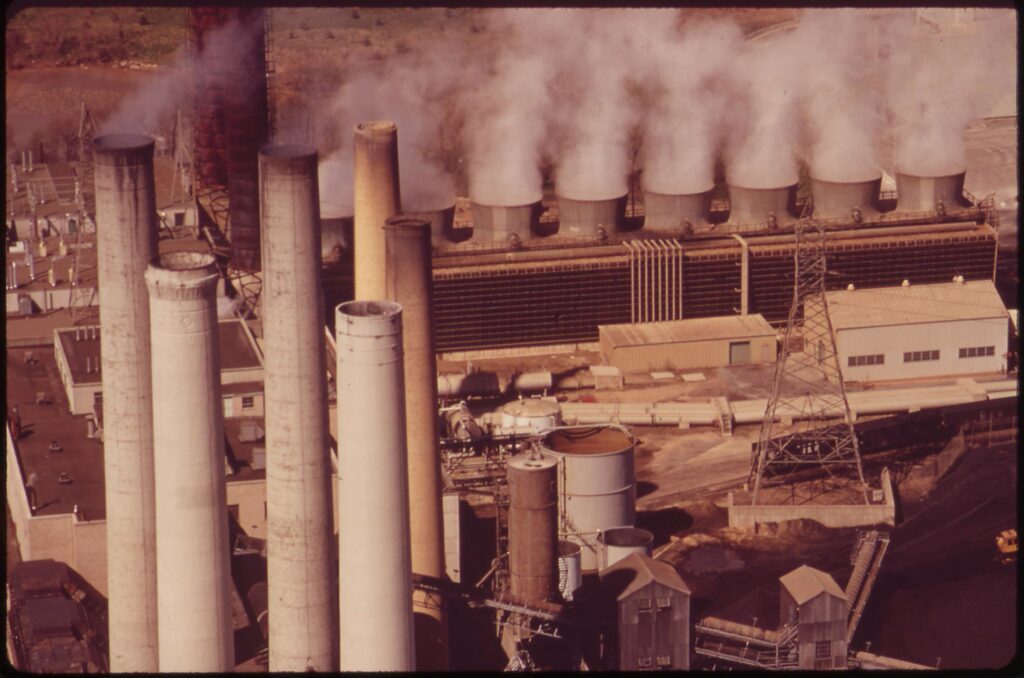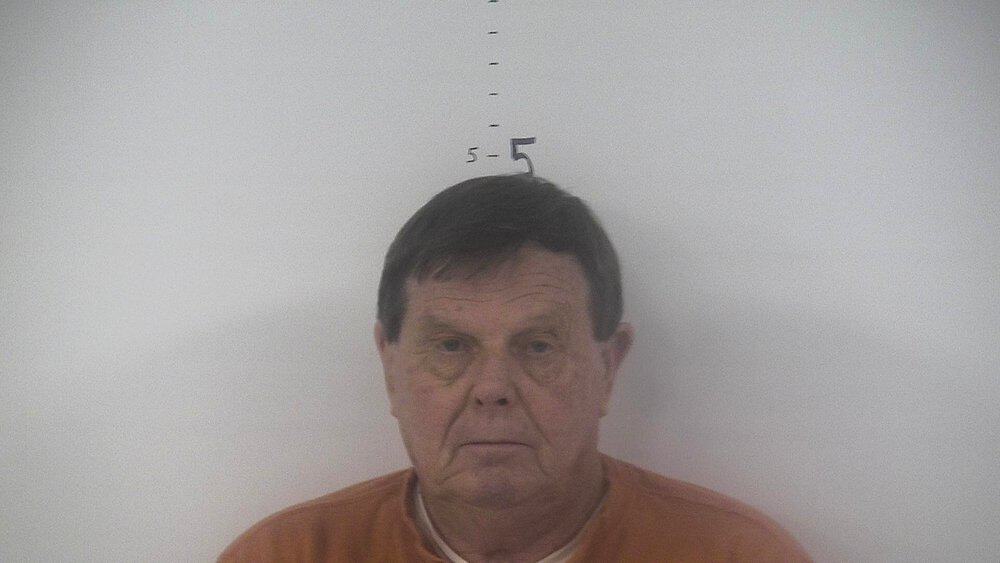Potomac Electric Power Company (Pepco) powers nearly 900,000 homes and businesses in Maryland and Washington D.C. And on Tuesday they agreed to pay a historic sum over $57 million over allegations the company “discharged toxic chemicals into the District’s land and waterways for decades, resulting in persistent toxic pollution.”
It’s the largest environmental settlement in D.C. history. The agreement requires Pepco to pay $47 million toward cleaning up the Anacostia and $10 million in penalties. The company must also clean up contamination at Pepco facilities at Buzzard Point and Benning Road.
Attorney General Brian L. Schwalb announced that in addition to those required steps, Pepco must investigate the “current and historical environmental impacts” of the company’s underground transformer vaults.
Schwalb said, “For far too long, District residents have been deprived of fully enjoying one of our greatest environmental resources – the Anacostia River – due to chronic, illegal, and intentional pollution. For decades, Pepco routinely discharged hazardous chemicals into soil, groundwater, and storm sewers, which fouled the Anacostia River, deprived us of the river’s many benefits, and endangered public health and safety.”
The Anacostia Riverkeeper organization was part of an initial lawsuit filed against Pepco back in 2011. When an environmental investigation was launched, PCBs, petroleum, and other hazardous substances were found in the soil and groundwater at the Benning Road facility and in the Anacostia River sediments adjacent to wastewater outfalls that drain the facility.
And at its Buzzard Point power station, the attorney general says until 2013, at least twice a month Pepco “intentionally pumped the pollutants in its containment structures—intended to prevent spills and leaks— into storm sewers that emptied into the Anacostia River.” Even though internal company policy banned discharges to storm sewers, in practice, Schwalb said, the company continued to discharge pollutants into storm sewers for years.
But Schwalb and the Anacostia Riverkeeper organization both give credit to Pepco for taking responsibility for its alleged systemic pollution in 2023.
In a statement, Anacostia River said, “We applaud Pepco for being the first polluter of the river to formally take responsibility in this way, and we hope the other polluters follow suit without the District having to spend public dollars pursuing them in court.”
To date, the District has spent close to $35 million to investigate the extent of the damage to the Anacostia River and develop a cleanup proposal, which is scheduled for implementation in 2025.
-Meg Walburn Viviano




